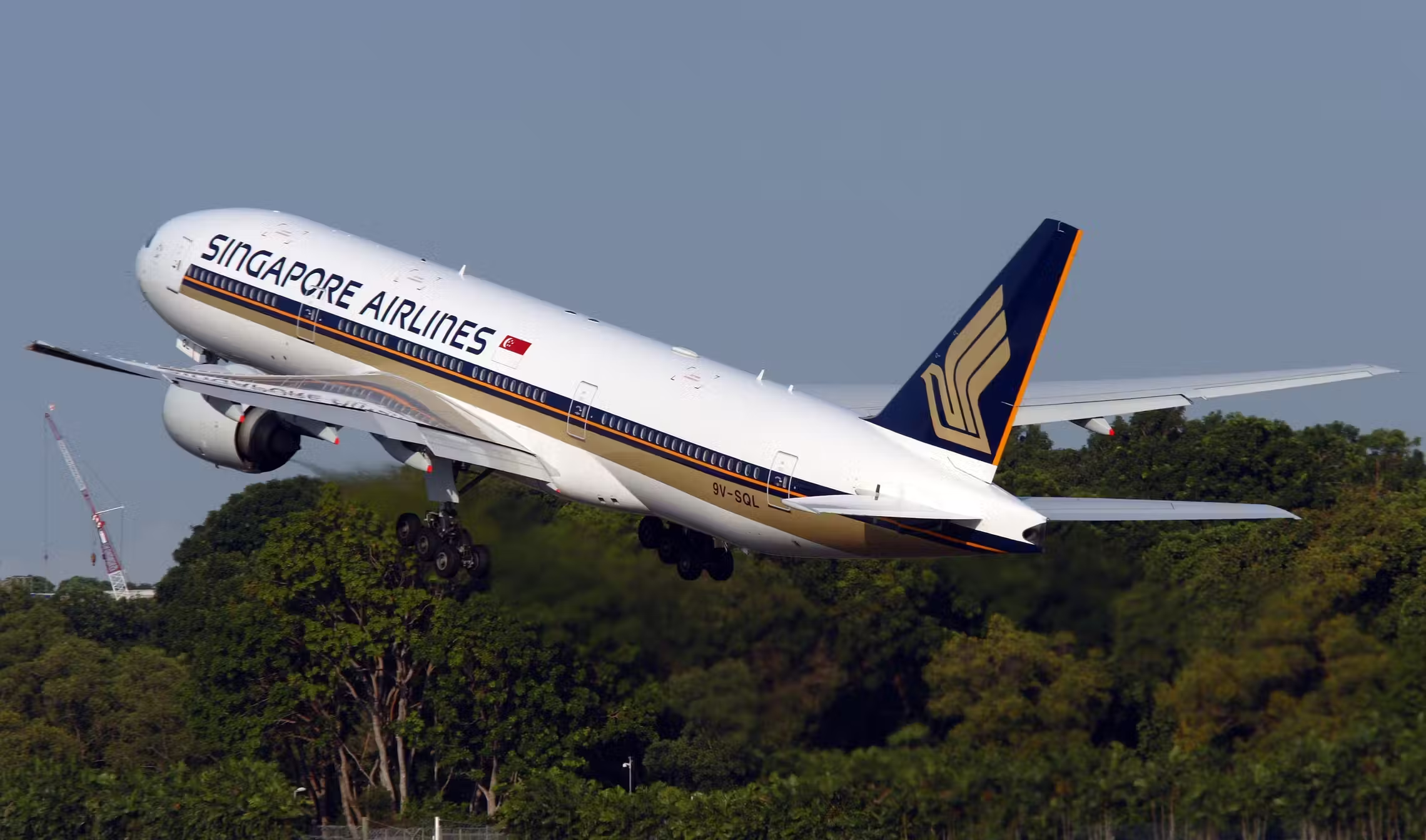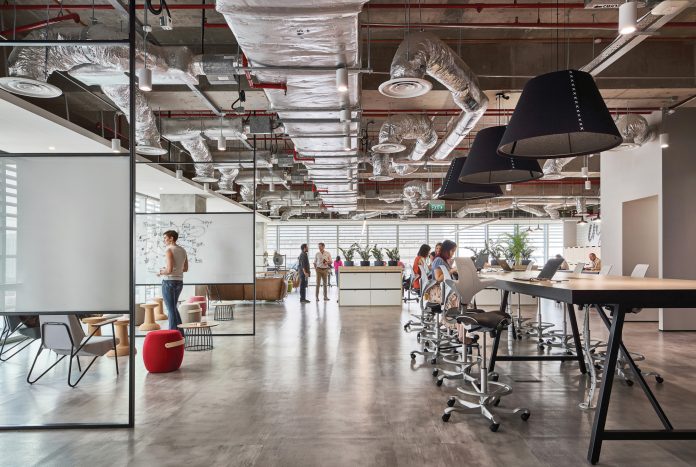In the months since 12 March 2020, the Singaporean Ministry of Manpower (MOM) has received thousands of reports from employers regarding cost-saving measures that have impacted their employee’s monthly salaries.
In total, the MOM states that up to 187,000 workers have been affected thus far; the majority of which originate from sectors that have been severely impacted by the effects of COVID-19. The workers affected make up about 5 per cent of the total workforce here, excluding domestic workers.
According to the MOM, many of these workers have had their salaries cut by up to 25 percent as a result of the cost-saving measures. The largest group of affected workers numbering 45,000, hold jobs in the accommodations and food services industry. Their employers, such as hotels and restaurants, made up 24 percent of those who submitted notifications.
Another 25,000 work in construction firms such as builders and demolition companies, while 19,000 are in wholesale and retail trade firms, which could include confectionery stores and departmental stores.
The MOM had earlier ruled that firms with 10 or more staff must notify the ministry if they take any cost-saving measures that will affect employees’ monthly salary. The MOM and the Tripartite Alliance for Fair and Progressive Employment Practices (Tafep) said in the joint statement that the top three cost-saving measures implemented were no-pay leave, adjustments to monthly salary components, and shorter work week.
Thus far, more than 600 employees approached the ministry for help as they felt the measures taken by their companies were unfair and unreasonable. However, upon further investigation, about 74 percent of the cases arose due to misunderstandings between employer and employee. This insufficient communication caused much of the worries as the measures were not communicated well enough to employees.
Some employers were also unsure at the start of the circuit breaker period as to how much support they would be receiving and how they should use the Jobs Support Scheme (JSS) payout.
The most common issue raised in complaints by employees was whether employers were allowed to ask workers to use their annual leave or take unpaid leave, given that there is government support, such as the JSS and foreign worker levy rebates.
Overall, the MOM reported that most, if not all of the employers it dealt with were cooperative and were prepared to review their practices where needed. The employees were also willing to accept the cost-saving measures to save their jobs.
“Many disputes can be avoided if both parties communicate, make some sacrifices, and work together to help the company pull through this crisis,” said the MOM in a recent statement. It added that there has not been a case so far of any employer intentionally refusing to channel government funding to proper use.
The Government, employers and unions had previously agreed that it is reasonable for bosses to ask workers to tap existing leave entitlements or even take some no-pay leave when business activity has fallen sharply, in order to manage cost pressures and conserve manpower.
“To weather the impact of Covid-19 in the months ahead, employers and employees have a shared responsibility to work together and make sacrifices to prevent retrenchment and preserve jobs,” said Christine Loh, MOM director for employment standards enforcement.
She added that MOM will investigate complaints and take actions against employers who do not treat employees fairly.

































